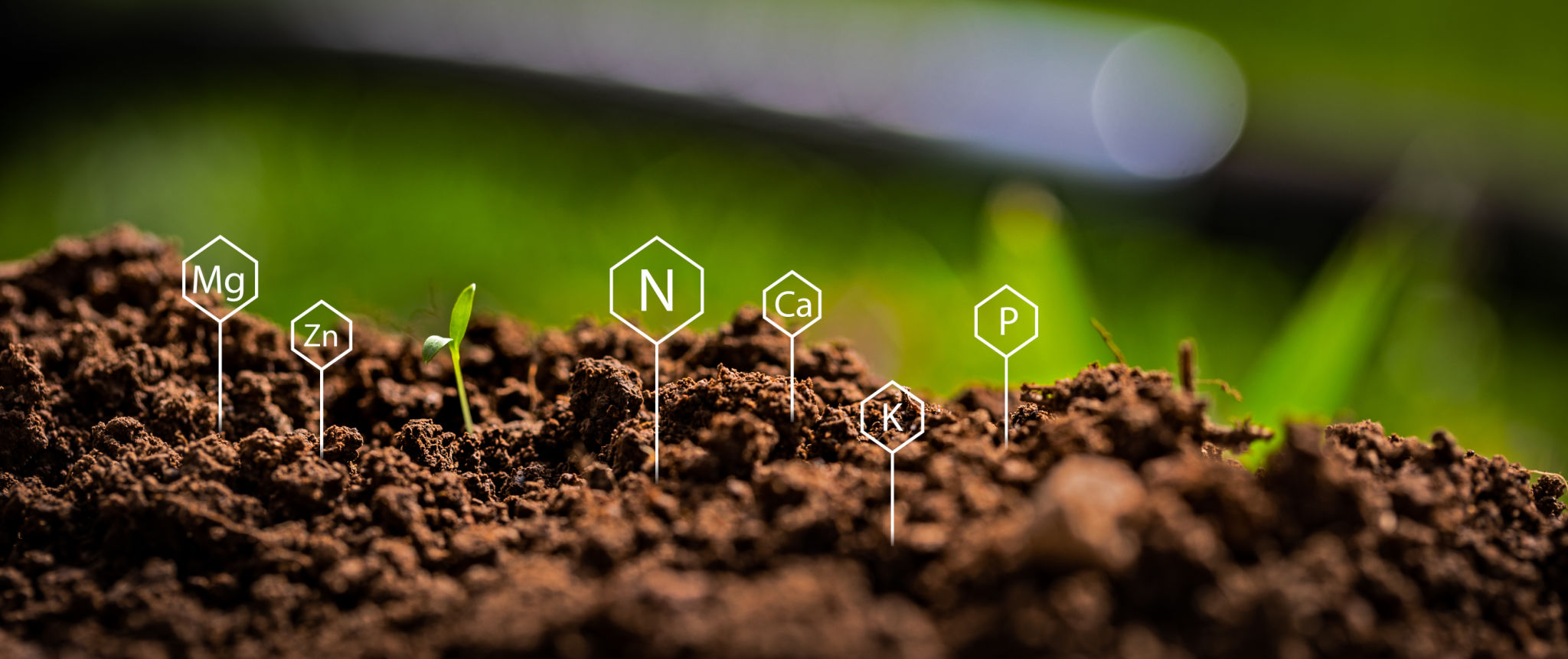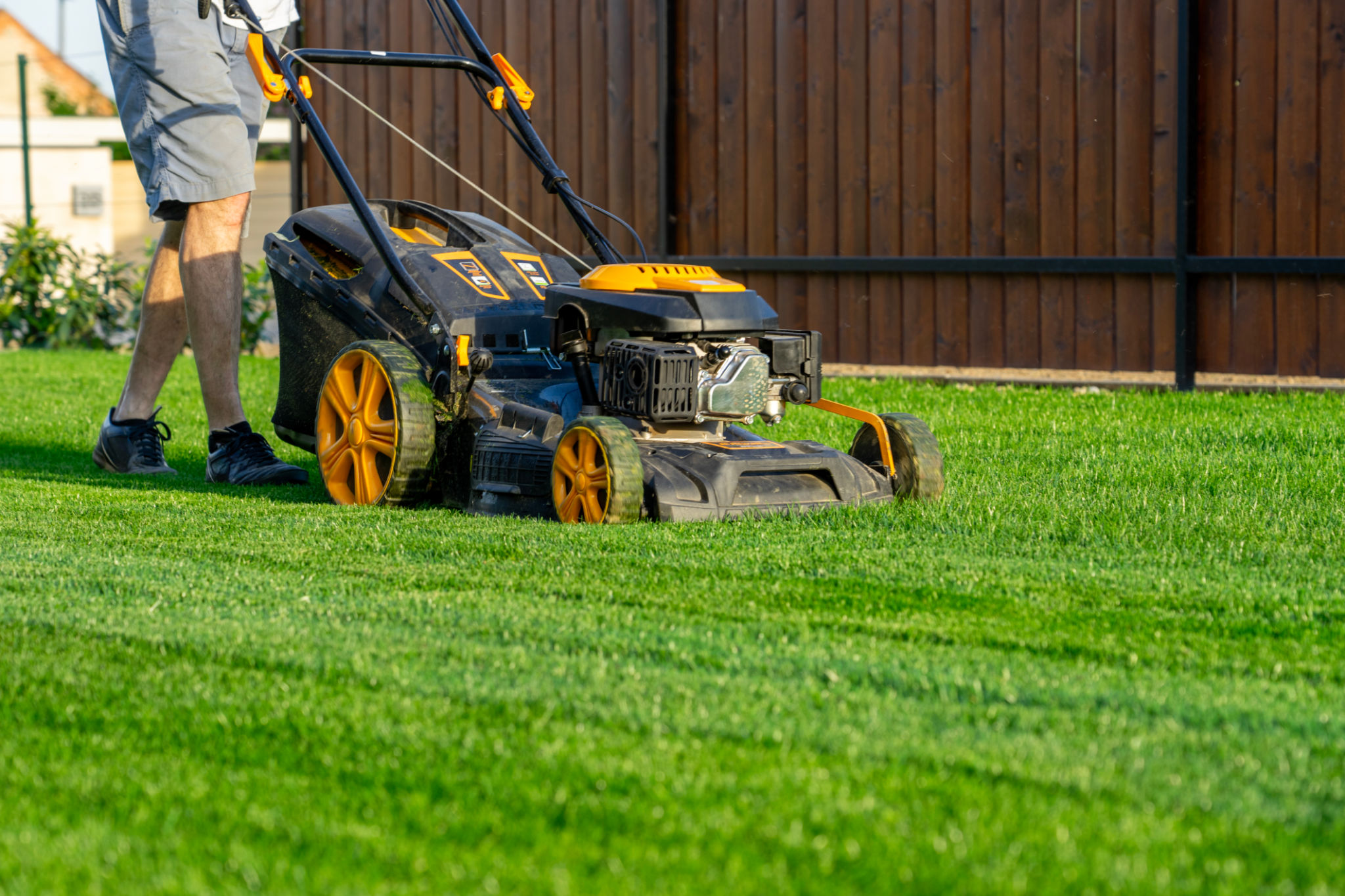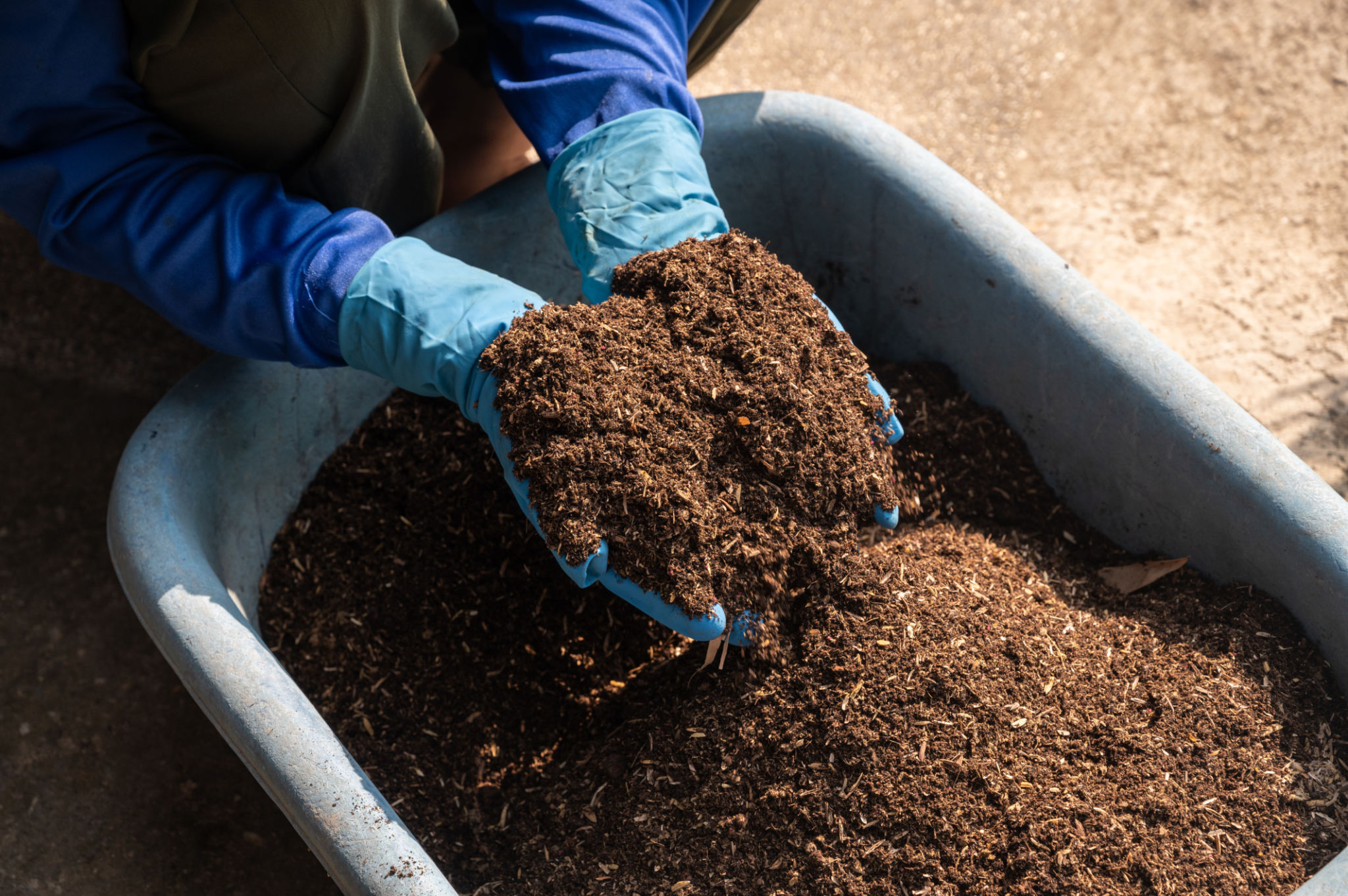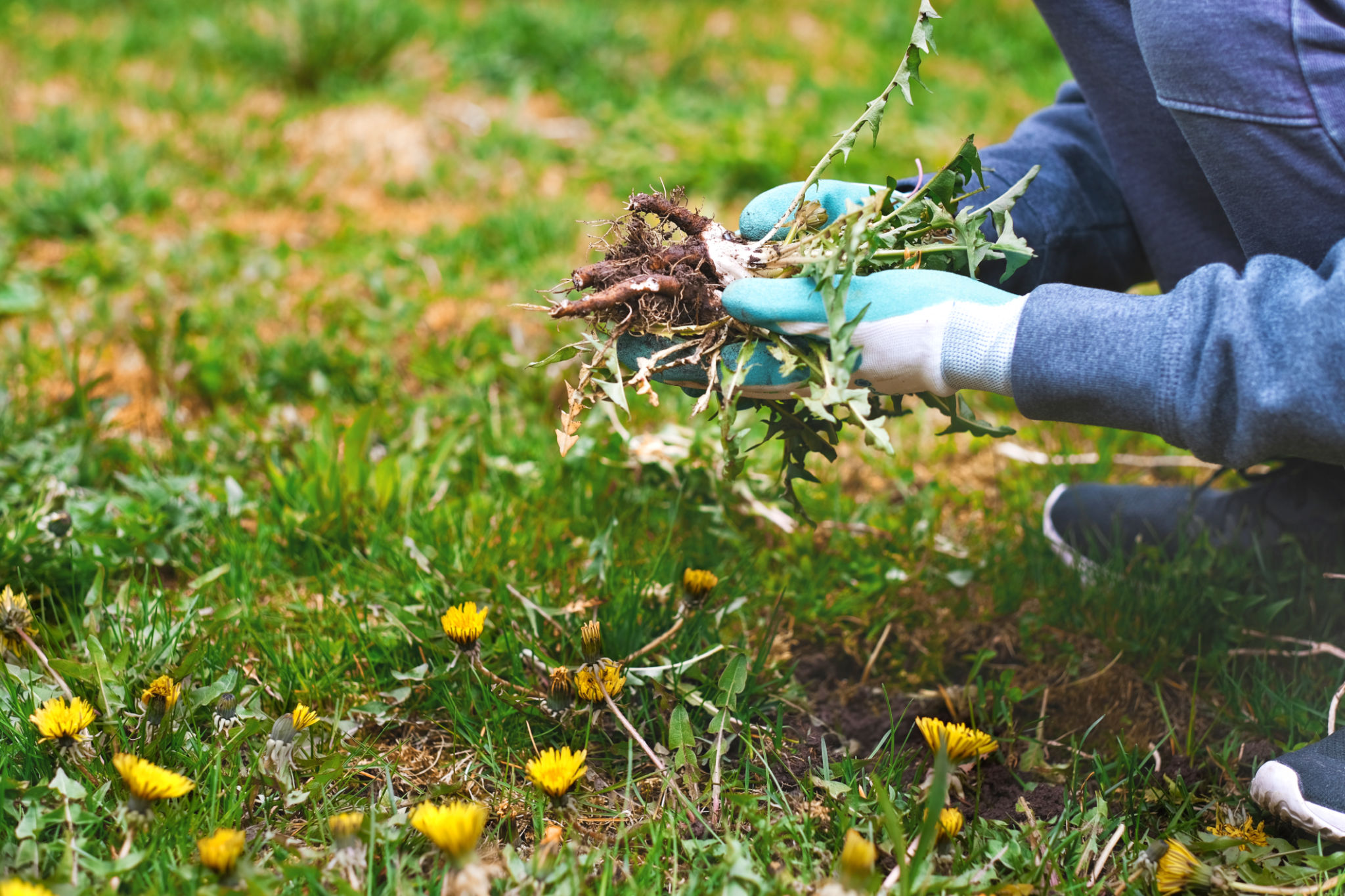5 Essential Lawn Care Tips for a Lush Garden in Hamilton
HS
Understanding Your Soil
For a lush garden, the first step is understanding and nurturing your soil. Conduct a soil test to determine the pH level and nutrient content. Hamilton's soil can vary, so knowing its specific needs helps tailor your lawn care approach. If your soil lacks essential nutrients, consider adding organic matter or fertilizers to enhance its fertility.

Watering Wisely
Proper watering is crucial for maintaining a healthy lawn. Over or under-watering can lead to poor growth and disease. In Hamilton's climate, aim to water your lawn early in the morning or late in the afternoon to minimize evaporation. Water deeply but infrequently, allowing the grass to develop strong roots. A good rule of thumb is about one inch of water per week, including rainfall.
Consider a Sprinkler System
Investing in a sprinkler system can help ensure even watering across your lawn. Choose a system with a timer to optimize watering schedules, conserving water while keeping your garden lush and green.

Mowing Techniques
Proper mowing techniques are essential for a healthy lawn. Keep your mower blades sharp to avoid tearing the grass, which can lead to diseases. Mow regularly, but never remove more than one-third of the grass height at a time. This practice encourages strong, resilient grass growth.
Mowing Patterns
Change mowing patterns frequently to prevent soil compaction and ensure even grass growth. Mowing in different directions prevents the grass from leaning in one direction and keeps your lawn looking neat.

Feeding Your Lawn
Fertilizing your lawn provides essential nutrients that promote growth and resilience. In Hamilton, consider a seasonal fertilization schedule: apply a balanced fertilizer in spring, a nitrogen-rich one in summer, and a high-potassium mix in fall. This approach supports healthy growth throughout the year.
Organic Fertilizers
For an eco-friendly option, use organic fertilizers that enrich the soil naturally. These products improve soil structure and encourage beneficial microbial activity, leading to a healthier garden ecosystem.

Pest and Weed Control
Pests and weeds can quickly undermine your efforts for a lush garden. Regularly inspect your lawn for signs of infestations or weed growth. Use natural pest control methods wherever possible, such as introducing beneficial insects or using neem oil.
Weed Prevention
Prevent weed growth by maintaining a dense lawn through proper fertilization and mowing practices. Aerate the soil annually to improve drainage and nutrient absorption, further inhibiting weed development.
